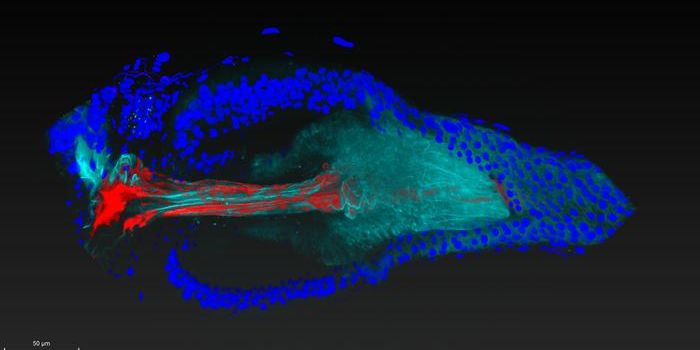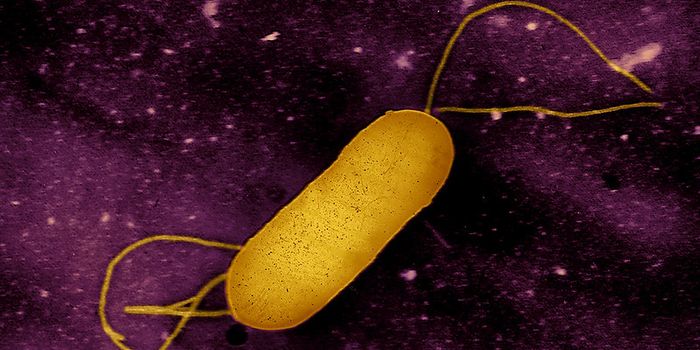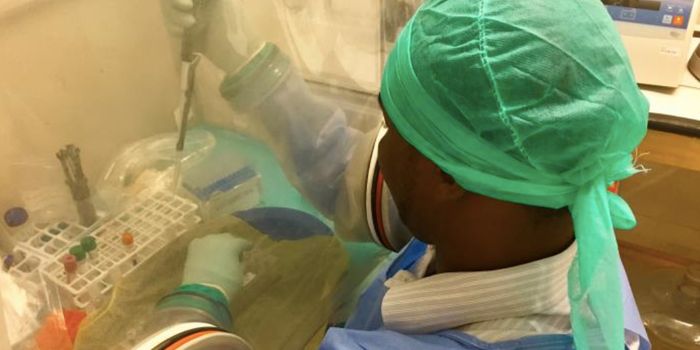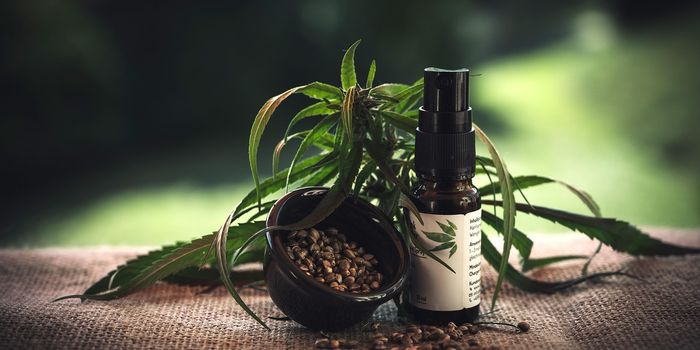Investigating Probiotics as a Potential Therapeutic for Bipolar Disorder
Our gastrointestinal system has a special relationship with our brain - they are connected in what’s called the gut-brain axis. Our guts are also home to vast numbers of microorganisms, which have been shown to play an integral part in our health and well-being. Now researchers have investigated the possibility that beneficial microbes might be useful as a new way to treat mood disorders like bipolar.
Scientists led by Faith Dickerson at the Sheppard Pratt Health System in Baltimore have suggested that a probiotic supplement can reduce gut inflammation, which researchers know makes a mental illness called bipolar disorder worse. Recent studies have shown that the cells lining our gastrointestinal tract are affected by the microbes that live there. Probiotic supplements aim to deliver a dose of good bacteria that improve health to the gastrointestinal system. Other research has indicated that gut microbes play a role in psychiatric diseases.
Nearly three million people are diagnosed with bipolar disorder every year in the US alone. Dramatic changes in mood and energy levels, from depression to mania, are hallmarks of the mental disorder. Treatments for this mental illness include therapy, antipsychotic and mood-stabilizing drugs.
The gut-brain axis links the immune, endocrine, and autonomic nervous systems. Learn more about it from the video below from Duke University. It’s been suggested that bipolar disorder is related to inflammation, in which the immune system becomes overactive. The probiotic treatment aims to lower inflammation levels and restore balance to the gut microbial community, and thus help ease the psychiatric symptoms.
For this work, patients that had been recently hospitalized with mania were randomly selected to receive either a placebo or a probiotic supplement. The researchers assessed the impact of the supplements on patients’ mood and immune system.
Patients that took the probiotic tended to need less inpatient treatment time and did not come back to the hospital as soon compared with those receiving the placebo. It was found that people who had the highest levels of inflammatory biomarkers at the start of the study were the ones who showed the most significant benefit from the probiotic.
The results suggest that the probiotic was able to lower inflammation and was useful as a therapeutic for bipolar disorder. At the very least, it shows that it’s worth pursuing this work. Probiotics are also likely to have fewer side effects compared to mood-altering drugs.
Sources: AAAS/Eurekalert! via American College of Neuropsychiatry, NIMH









